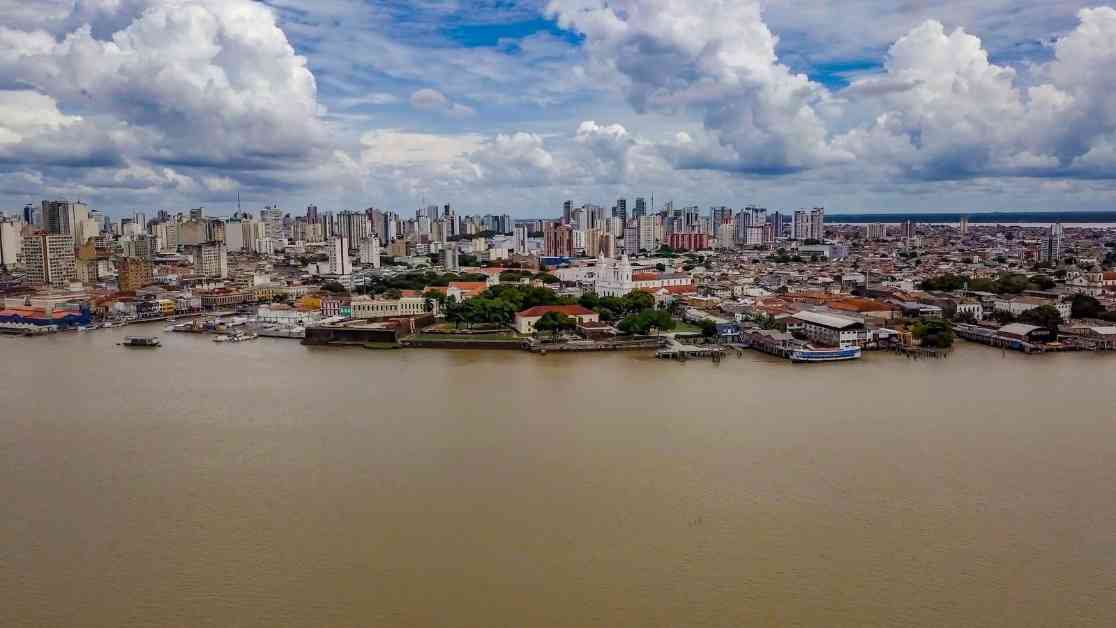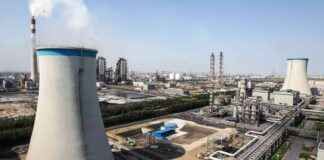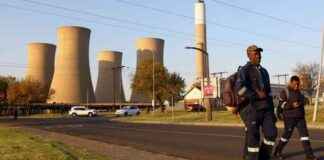Brazilian Leaders to Speak Before COP30, Easing Logistics Challenges
In a strategic move to alleviate logistical obstacles and streamline the upcoming COP30 proceedings in the Amazonian city of Belém, Brazil, world leaders will deliver their climate action speeches on November 6 and 7, several days ahead of the official UN negotiations scheduled to commence on November 10. This novel approach marks a departure from the usual practice observed over the past decade, where heads of state typically addressed the UN climate conference during its initial days.
Valter Correia, extraordinary secretary for COP30, affirmed that the decision to advance the World Leaders’ Summit was a deliberate choice by Brazil. This rescheduling aims to foster a conducive environment for more profound contemplation and efficient event organization, unburdened by the logistical constraints typically associated with accommodating numerous dignitaries and attendees.
Mixed Reactions and Expert Insights
Upon the announcement of this adjustment, climate campaigners offered a varied response. While some critics expressed reservations about the potential diminishment of media coverage and advocacy opportunities, others recognized the strategic merit of the shift. Natalie Unterstell, president of the Talanoa Institute, likened the separation of the leaders’ summit from the negotiation phase to a disconcerting disruption in the event’s coherence and efficacy.
Conversely, Alden Meyer, a senior associate at the international think-tank E3G, endorsed the decision as a strategic maneuver that would sustain political impetus toward catalyzing climate action. Meyer highlighted the opportunity to solidify Brazil’s commitment to transitioning from dialogue to tangible environmental implementation through this revised summit structure.
Historical Context and Symbolism
The World Leaders’ Summit holds a pivotal place in the annual UN climate conference, typically serving as a harbinger of the formal negotiations. Since the landmark COP21 in Paris, where the historic Paris Agreement was adopted, this gathering has symbolized a convergence of global leadership in addressing climate change. Notably, COP30’s relocation to Belém, nestled within the Amazon rainforest, underscores the symbolic significance of this year’s summit venue.
Despite the symbolic resonance of Belém as a beacon of environmental stewardship, concerns have arisen regarding the city’s readiness to host the influx of delegates expected to convene for the climate conference. COP30 President André Aranha Corrêa Do Lago elucidated the rationale behind Brazil’s decision to host the UN talks in the Amazon, emphasizing the region’s pivotal role in combating climate change through forest conservation.
Navigating Logistics and Environmental Concerns
In anticipation of the logistical demands posed by COP30, the Brazilian government has outlined a comprehensive plan to augment accommodations by leveraging alternative lodging options, such as river cruise boats, rental apartments, and military facilities. This innovative approach underscores the multifaceted strategies employed to ensure a seamless and efficient summit experience for all participants.
However, the expansive infrastructural initiatives intended to enhance Belém’s capacity for hosting the summit have also sparked environmental apprehensions. The construction of a new 13-km highway traversing the rainforest surrounding Belém has elicited concerns regarding its impact on protected lands and local communities. Despite assurances from the Brazilian government disassociating this project from the COP30 infrastructure development, environmental advocates remain vigilant in monitoring its ecological repercussions.
As preparations for COP30 in Belém unfold against the backdrop of environmental sensitivity and logistical intricacies, the global community awaits a pivotal juncture in fortifying climate action and environmental conservation. The convergence of world leaders and climate advocates in the heart of the Amazon encapsulates a resolute commitment to addressing the pressing challenges of our time, underscoring the imperative of collaborative action in safeguarding our planet’s future.














